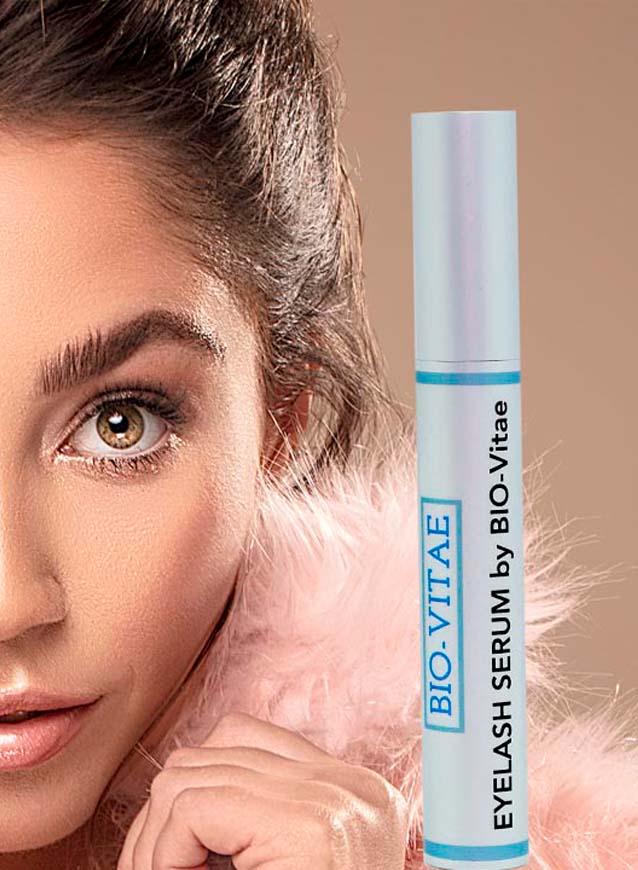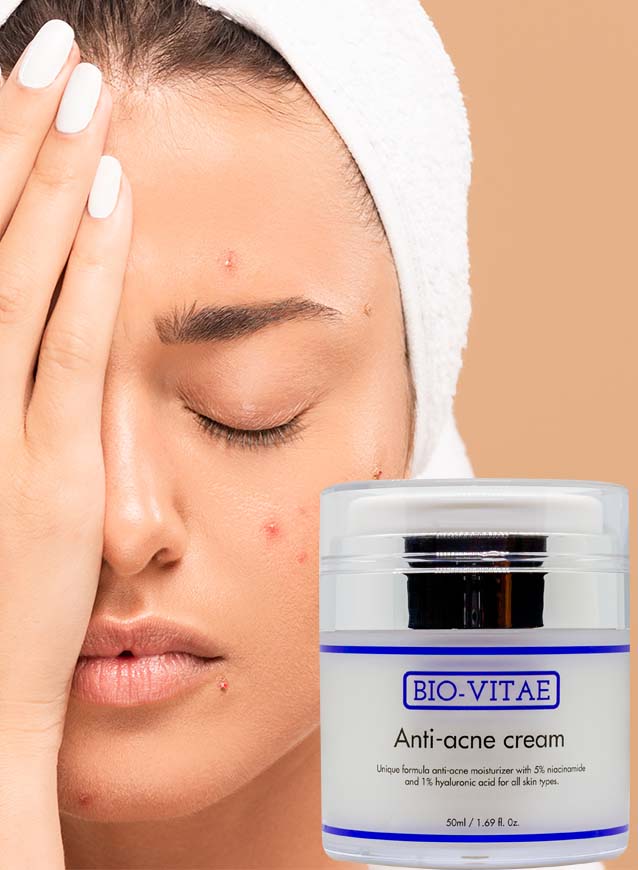Skin types and good advice
Normal hud
If you have normal skin type, your skin is neither too dry nor too oily. Even so, you should take care of your skin with moisture and nourishing creams to protect it from harmful influences.
Only very few people have normal skin. Most people have either a little too oily or a little too dry skin.
Dry skin
Dry skin secretes less sebum than normal skin. Because the sebaceous glands do not produce enough oil to prevent the skin from losing moisture, it becomes dry and tight.
Many people experience drier skin in the winter months, when the humidity is low, and the skin then easily feels dry and tight and may begin to to peel off.
Already at the age of 20, the skin's sebaceous gland production begins to decrease, and the skin will feel drier and tighter.
Dry skin is in itself irritating, but dry skin is also one of the first signs that the skin's barrier is damaged. Dry skin is less resistant to the penetration of e.g. bacteria and other harmful substances.
If the skin is often dry and not lubricated with a moisturizer, the dryness can develop into a more chronic condition. It is therefore important that you protect your skin. You can do this, among other things, by using a skin care product with a high fat content. This prevents the skin from drying out further.
If you tend to have dry skin, it is important that you prevent and treat it with moisturizer:
In addition, it may be a good idea to follow these tips:
- Avoid excessive use of water and soap, detergents and the like.
- Instead, clean the skin with water and a mild cleansing product.
- Avoid too long and hot baths, as they dry out the skin.
- Use a rich moisturizer immediately after showering or washing your hands.
- Avoid working too much with solvents and other chemicals.
- Avoid daily use of products that can irritate the skin - e.g. perfumed creams.
- Avoid exposing the skin to strong sun and ensure effective sun protection.
- Avoid too high a temperature in your home.
- Avoid smoking.
Greasy skin
If you have oily skin, your sebaceous glands produce too much oil (sebum). In some people, it can cause impurities and pimples.
Oily skin is a common teenage problem, but can be found in people of all ages and is most often hereditary. Can also be caused by changes in hormone balance, "bad" fatty diet, stress, pollution, heat and friction.
If you have oily skin, it may be a good idea to follow these tips:
- Avoid harsh cleaning agents. They cause the sebaceous glands to over-produce oil to compensate for the loss of natural fat.
- Instead, use normal skin care with water and a mild cleansing product. Use skin tonic without alcohol.
- Use a moisturizer that is not too greasy.
Combination skin
A combination skin type is typically oily in the T-zone. This means that the skin is oily around the nose, on the chin and across the forehead, while it is dry/normal on the cheeks. It can also be the other way around, with a dry T-zone and oily cheeks.
If you have a combination skin type, it may be a good idea to follow these tips:
- Cleanse the skin morning and evening with water and a mild cleansing product.
- Use a good moisturizer and apply mostly to the cheeks and least to the T-zone.
Delicate skin
If you have delicate skin, it is important that you take good care of the skin. Find a good cream that supplies your skin well with fat, so that you avoid it drying out.
If you have sensitive skin, you should refrain from using products that contain perfume and/or alcohol.
Also be careful with chemical sun protection (sun creams etc.), which can sometimes also have an irritating effect on the skin. As sun protection, you can instead use a physical protection that acts as a kind of barrier on the skin instead of penetrating. Remember to always use some form of sun protection.
If you have sensitive skin, it may be a good idea to follow these tips:
- Clean the skin with water and a mild cleansing product, intended for delicate skin and avoid perfume.
- Use an unscented moisturizer.
- Avoid excessive use of water and soap, detergents and the like.
- Avoid exposing the skin to strong sun and ensure effective sun protection.
- Use possibly sunscreen with physical sun filter.
- Avoid products with perfume, acid and alcohol.
- Avoid working with solvents and other chemicals.
- Do not expose your skin to large temperature fluctuations.
- Avoid stress. Stress can affect your skin.
- Avoid smoking.








